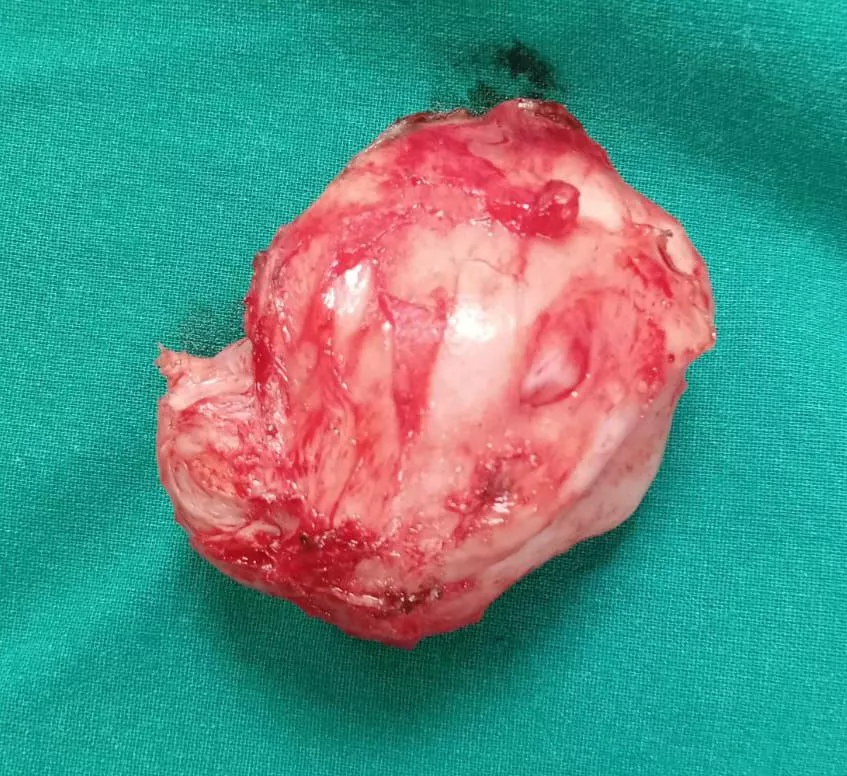Every woman goes through multiple stages in her life playing the role of a child, adolescent, wife and mother. With her body changing from menses to menopause, she needs specialist care for each and every stage. Focused on addressing the evolving health-care needs of women, our department at Kolhapur meets all the gynaecologic needs of every woman.
Our Doctors
We have some of the best specialists from around the world, they bring years of experience and offer evidence-based treatment to ensure the best care for you.
FAQs
Want to find out more about the treatment? The answer to your questions can be found below.
Are Obstetricians and Gynaecologists same?
No
What conditions do Obstetrics and Gynaecologists treat?
Obstetricians manage:
- Pregnancy and prenatal care
- Labor and childbirth
- Postpartum care
- High-risk pregnancies
- Miscarriages
Gynecologists treat:
- Menstrual problems (e.g., heavy periods, pain)
- Reproductive health issues (e.g., endometriosis, fibroids)
- Fertility problems, Menopause management,
- Sexually transmitted infections (STIs),
- Gynecologic cancers (e.g., ovarian, cervical, uterine).
What are the early signs of Pregnancy?
Common early signs of pregnancy include:
- Missed period
- Nausea or morning sickness.
- Fatigue.
- Tender or swollen breasts.
- Increased urinationLight spotting (implantation bleeding)
- Food cravings or aversions.
- Mood swings.
What are Obstetrics and Gynaecology?
Obstetrics: The branch of medicine that deals with pregnancy, childbirth, and the care of women during and after childbirth.
Gynecology: The branch of medicine that focuses on the health of the female reproductive system, including the diagnosis and treatment of disorders and diseases related to the uterus, ovaries, fallopian tubes, and breasts.
What is pre natal care visit?
A prenatal care visit is a medical appointment for pregnant women to monitor the health of both the mother and the developing baby. It includes physical exams, lab tests, ultrasounds, and discussions about health, nutrition, exercise, and any potential complications.
What are the precautions of 1st Trimesterpregnancy?
Precautions during the first trimester include:
- Avoiding harmful substances (e.g., alcohol, smoking, certain medications).
- Eating a balanced diet with sufficient folic acid, iron, and calcium.
- Maintaining regular prenatal visits.
Patient Stories
Our patients are our best advocates, hear the inspiring stories of their treatment journey
Blogs
The source of trustworthy health and medical information. Through this section, we provide research-based health information, and all that is happening in Aster Hospital.











